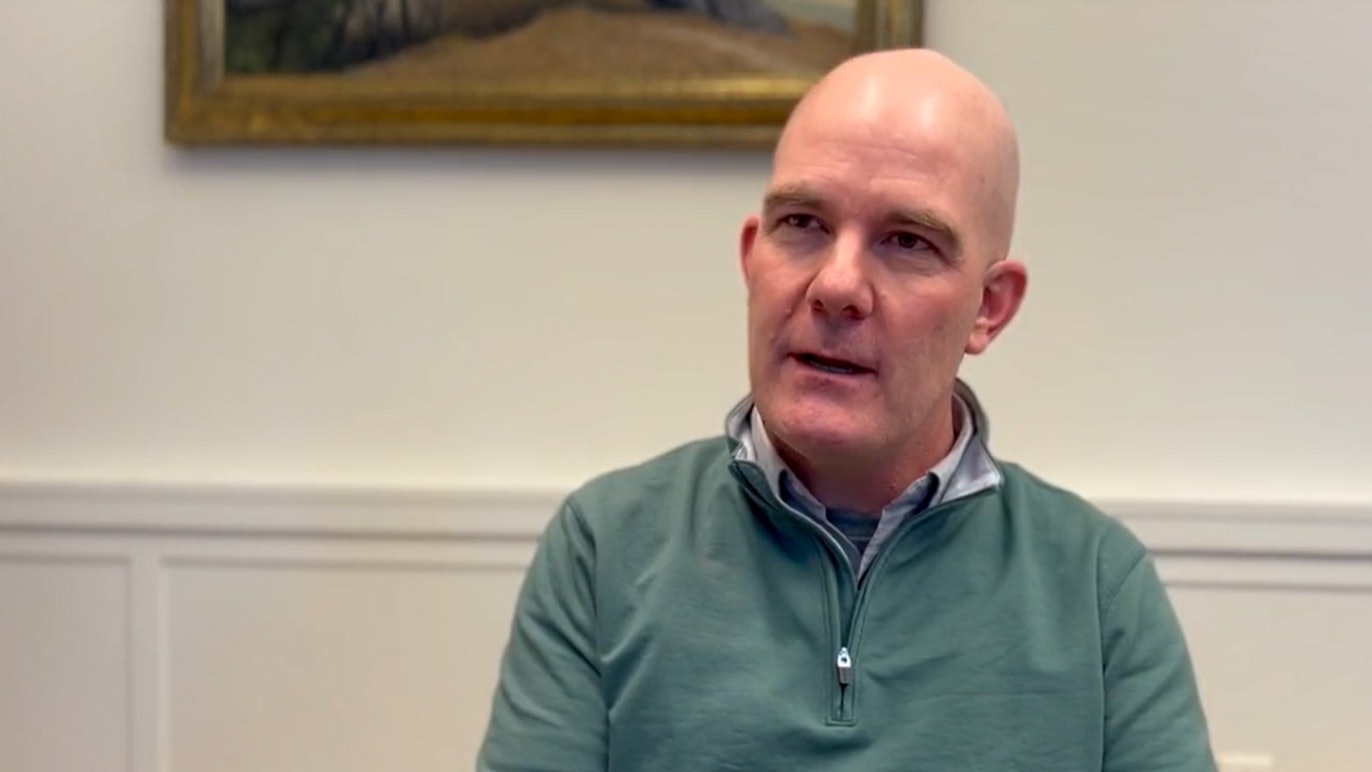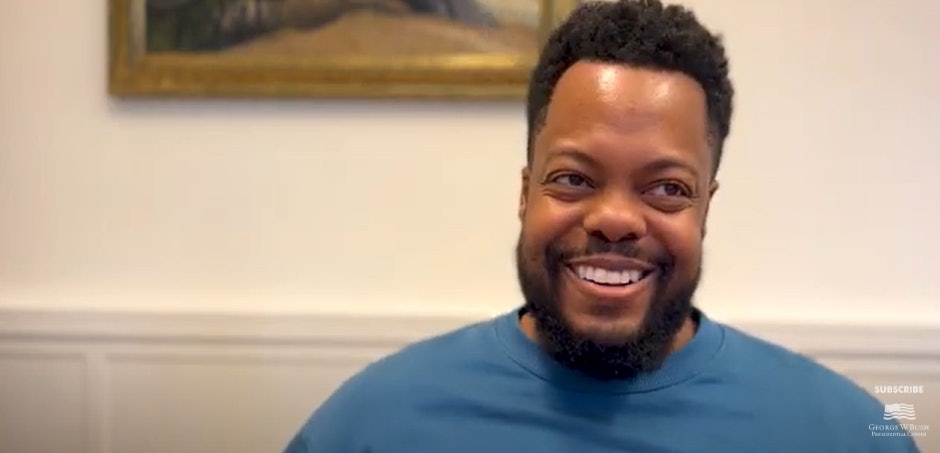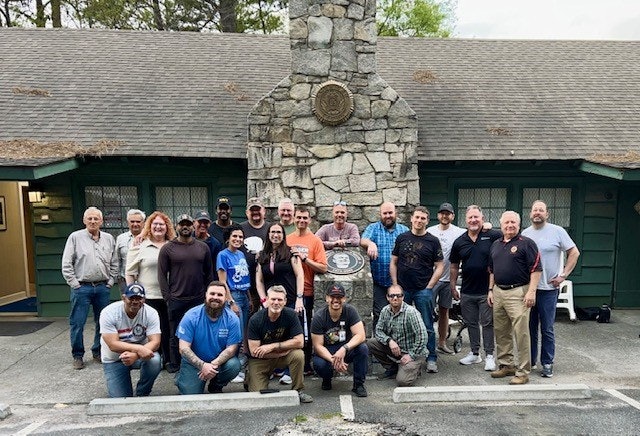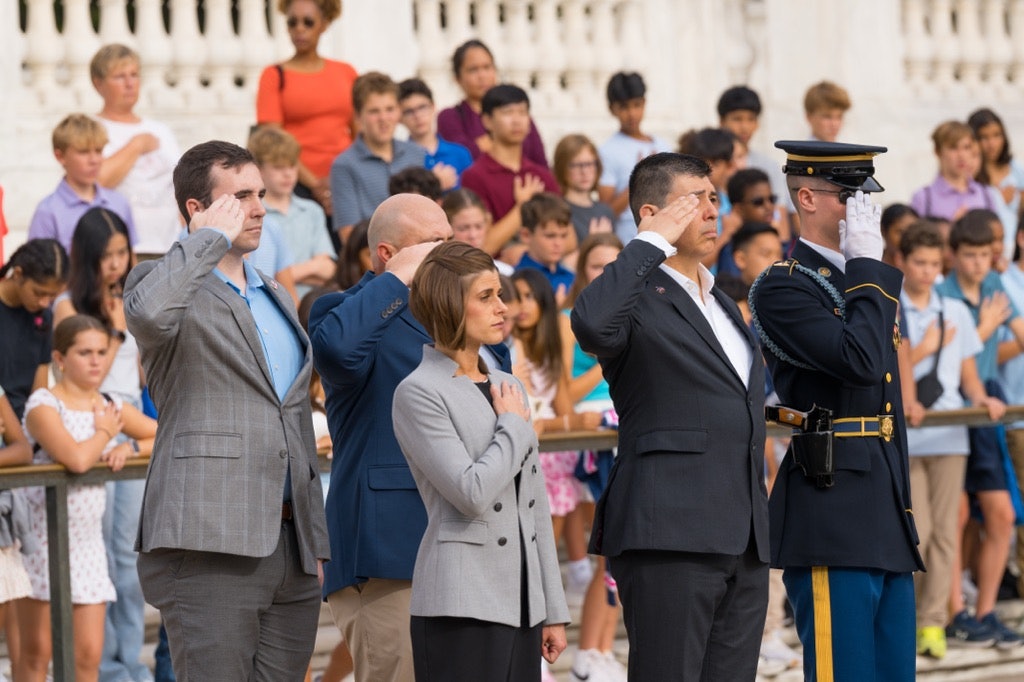The lingering issues related to United States unemployment are markedly more severefor Gulf War Era II (post-9/11) veterans than for any other...
The lingering issues related to United States unemployment are markedly more severe
for Gulf War Era II (post-9/11) veterans than for any other category of former service
men and women, and for the unemployed population at large. According to January
2013 Bureau of Labor Statistics (BLS) data, while overall unemployment is at 7.9%, and
the rate for veterans of all conflicts is near 7.6%, for Gulf War Era II veterans,
unemployment has risen to 11 .7%. Bad enough, that, but for the younger veteran (ages
20-24), who served in the Operation Enduring Freedom (OEF) and/or Operation Iraqi Freedom (OIF) conflicts, the unemployment rate is at 31.4%,
nearly 8% higher than the general population nationwide in that age category.
Additionally, of the more than 250,000 unemployed post-9/11 veterans age 20 and over,
nearly 60% have been out of work for nearly four months. A national embarrassment to
us all, that those who execute the will of the nation militarily cannot find meaningful work
at home, often after multiple combat tours in some of the most dangerous places in the
world.
If there is good news, it may be that the problem has clearly been recognized and
national, state, non-profit and private efforts are endeavoring to find viable solutions for
our heroes and their families. For example, the Veteran's Retraining Assistance
Program (VRAP) offers up to 12 months of training assistance to unemployed veterans.
Participants who attend on a full time basis receive up to one year of assistance equal
to full-time payment rate under the Montgomery Gl Bill- Active Duty Program (currently
nearly $1 ,600 per month).
Now, through the leadership of President George W. Bush, the Bush Institute has
undertaken efforts to honor US service members who have defended America's
freedom in the Global War on Terror. The Military Service Initiative unites the efforts of
individuals, businesses, non-profits and universities to find solutions that improve the
well-being of veterans who served in Operation Iraqi Freedom and Operation Enduring
Freedom. One element of the Military Service Initiative, the Circles of Excellence
Program, will be a national leadership model of experts working together to support
these heroes. Former US Military Four Star Generals will individually lead coalitions
which will seek solutions to critical issues that affect post-9/11 veterans in the areas of
not only jobs, but also homes, education, wellness, military families, and service
women.
Notably, a pilot effort is focusing on the issues of unemployment and joblessness for
these veterans. The first meeting was held on February 11, 2013. Led by General Peter Pace, Former Chairman of the Joint Chiefs of Staff, the jobs pilot brings together some of the nation's leading non-profits to include:
–American Corporate Partners (ACP): ACP is dedicated to assisting veterans in
their transition from the armed services to the civilian workforce through free
mentoring, career counseling, and networking opportunities.
–Hiring our Heroes: An effort under the umbrella of the US Chamber, Hiring our
Heroes is a nationwide initiative to help veterans and military spouses find
meaningful employment through a network of 1600 State and local Chambers,
as well as other strategic partners.
–The Institute for Veterans' and Military Families (IVMF): An arm of Syracuse
University, the IVMF reflects the university's commitment to leverage the
intellectual, human, and social capital of higher education, in service to America's
veterans and their families post-service.
The Bank of America Charitable Foundation has partnered with the Bush Institute
through a $1m grant to help fund the Military Service Initiative. The partnership builds
on Bank of America's recent investment or $22 million in funding to nonprofits offering
job training, education and support services that help connect the unemployed,
underemployed, veterans, youth, and those with disabilities with employment
opportunities.
In undertaking the work of this first Circle of Excellence, the Bush Center seeks to focus
the efforts of this great team on jobs and economic security. The outcome will seek to
produce an innovative solution at the national level to the jobs crisis for post-9/11
veterans, or will recognize and seek to scale and expand current best practices already
in effect across the nation.
While the unemployment rate for veterans and their sponsors has been gradually
improving in some categories, the unemployment situation remains problematic for our
nations' young heroes. There remains a pressing requirement to continue and expand
the best efforts of all, to more fully utilize programs already in place, and to find new
solutions to address problems which persist for veterans in the workplace.
The George W. Bush Institute, through its Circles of Excellence program, intends to play
a major role in the solutions of the employment dilemma for our veterans, as well as the
other issues most critical to the well being of this distinctly American treasure, our
service members and their families.
Major General Lee Baxter, USA (Retired) is a Senior Military Advisor to the George W.
Bush Institute.































